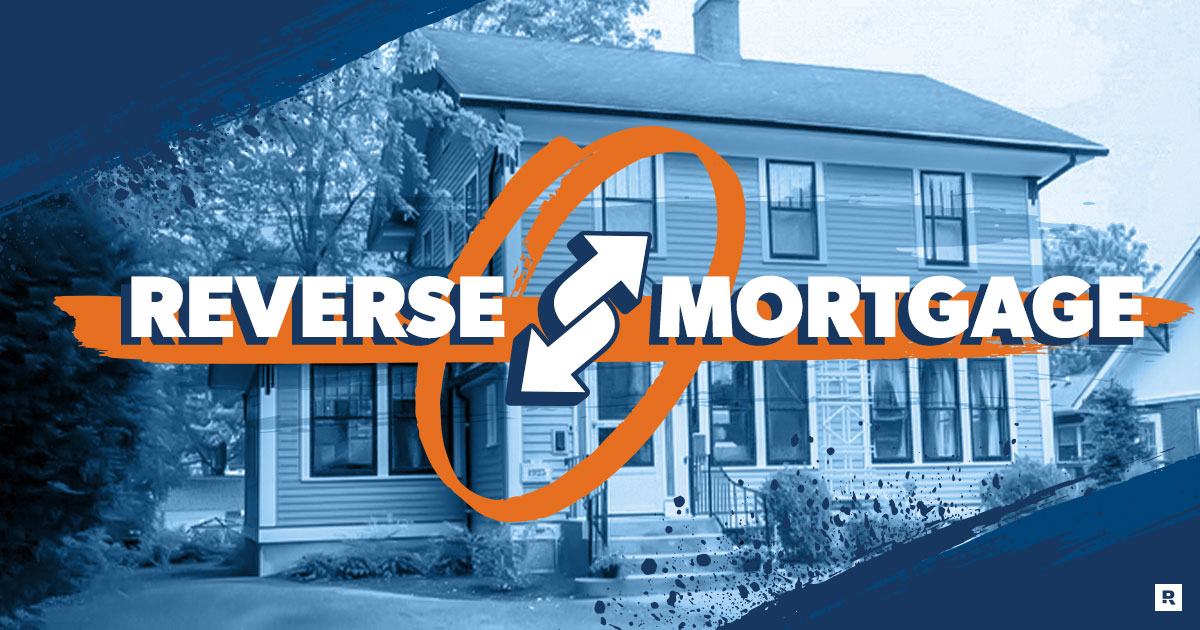What You Need to Know About Reverse Mortgages: A Complete Guide at Reverse Mortgages
The reverse mortgage is a powerful financial product that allows homeowners aged 62 and older to convert part of the equity in their homes into untaxed funds. It allows individuals to access the wealth they have built in their homes without the need to sell their property or take on new monthly payments. But how exactly does a reverse mortgage work? In this guide, we will explain the details of reverse mortgages and how they can help homeowners who want to boost their retirement income.
How Is a Reverse Mortgage?
A reverse mortgage is a loan designed for older homeowners that lets them borrow against the equity they have built up in their home. In contrast to conventional mortgages, borrowers are not required to make monthly payments. Instead, the loan is repaid when the homeowner sells the home, moves out, or passes away. The loan amount is determined based on factors such as the value of the home, the homeowner's age, and the current interest rate.

How Does a Reverse Mortgage Work?
In a reverse mortgage , individuals can receive funds in several ways: a lump sum, monthly payments, or a line of credit. Homeowners can use these funds for any purpose, from paying bills to funding healthcare costs, or simply enhancing their retirement lifestyle. Once the loan is repaid after the homeowner no longer resides in the home, either by selling the property or passing away. The home's value typically covers the loan, and any remaining equity is passed on to the homeowner's heirs.
Pros and Cons of Reverse Mortgages
As with any financial product, reverse mortgages come with both benefits and drawbacks. Below, we’ll analyze some of the pros and drawbacks of reverse mortgages:
- Pros:
- Provides additional retirement income without monthly payments.
- Borrowers can stay in their homes for as long as they live or until they move out.
- No monthly payments are necessary.
- Cons:
- Interest rates can be higher than traditional mortgages.
- Can reduce the equity in the home, leaving less for heirs.
- Fees and closing costs can be substantial.
Eligibility for a Reverse Mortgage
To qualify for a reverse mortgage, there are certain conditions that must be met. Some of the basic eligibility criteria include:
- The homeowner must be at least sixty-two years old.
- The home must be their primary residence.
- The homeowner must have sufficient equity in the home.
- The homeowner must be able to pay for ongoing property taxes, insurance, and maintenance costs.
Types of Reverse Mortgages
There are several different types of reverse mortgages available, including:
- Home Equity Conversion Mortgages (HECMs): This is the most common type of reverse mortgage, insured by the federal government.
- Proprietary Reverse Mortgages: These are private loans not backed by the government.
- Single-Purpose Reverse Mortgages: These are typically offered by state and local governments for specific purposes, such as home repairs.
Each type of reverse mortgage has its own pros and requirements, so it’s important to carefully consider which one is best for your needs.
Frequently Asked Questions (FAQs) About Reverse Mortgages
- What is the main advantage of a reverse mortgage? One of the top reasons for a reverse mortgage is that it provides seniors with access to home equity without requiring monthly payments.
- Can I still own my home with a reverse mortgage? Yes, with a reverse mortgage, you retain ownership of your home. You can stay in the home until you move or pass away.
- Do I have to pay back a reverse mortgage? The loan is repaid when you sell the home, move out, or pass away. The value of the home sale will usually cover the loan balance.
- Are there fees associated with reverse mortgages? Yes, there are fees, including origination fees, closing costs, and servicing fees. Fees should be carefully reviewed before proceeding.
